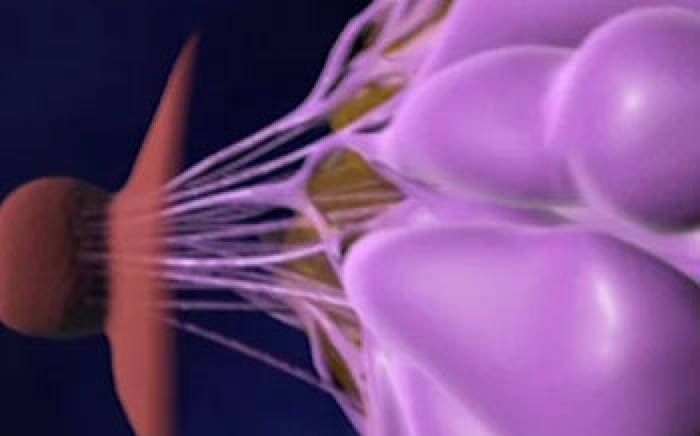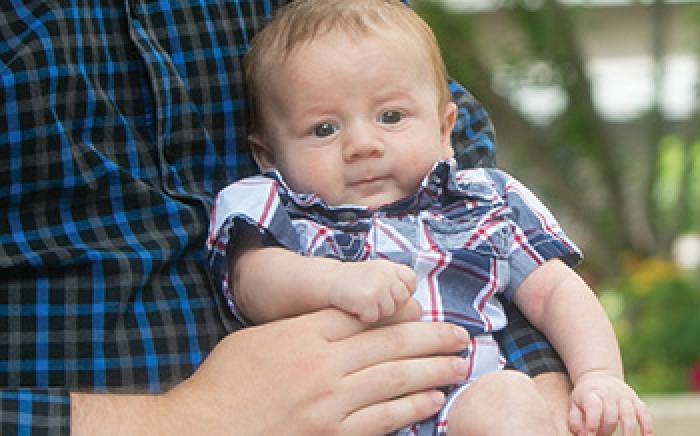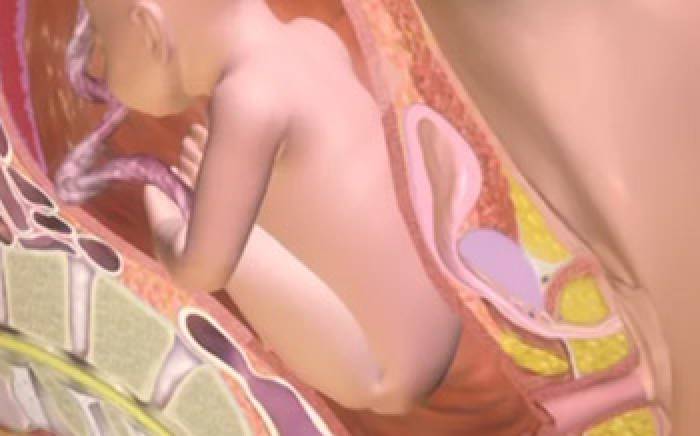During pregnancy, the fetus receives all the nutrients it needs to grow and develop through the placenta. If a woman drinks alcohol (also known as ethanol) during pregnancy, the alcohol in her blood passes through the placenta to the fetus, posing a risk for Fetal Alcohol Syndrome, or FAS.
The mechanisms by which alcohol acts on and interferes with normal fetal development and whether there is an amount of alcohol consumption which does not place the fetus at risk of FAS are still largely unknown.
It is thought the developing fetal brain may be highly sensitive to alcohol. During normal neurotransmission, neurons release chemicals that bind to receptors on other neurons thereby propagating a signal. Ethanol may block certain receptors in the fetal brain which can damage neural tissue.
Another theory is that ethanol may constrict blood vessels in the umbilical cord impairing blood flow to the fetus, thereby decreasing the amount of nutrients essential to fetal growth. FAS can cause life-long mental and physical defects for the fetus.
Some characteristics of FAS may include:
- Low birth weight
- Facial abnormalities
- Small head size
- Organ dysfunction
- Behavioral problems
- Mental retardation
- Slow growth and poor coordination
There is no known safe amount of alcohol to drink during pregnancy. Pregnant women should either not drink any alcohol or should seek medical advice if they have questions.












